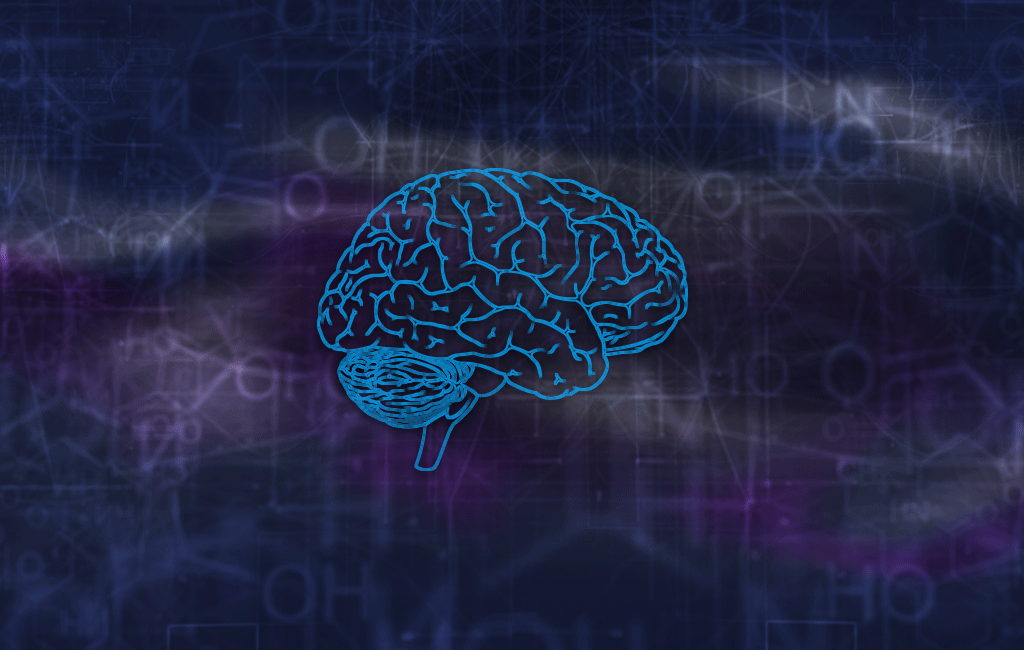Forensic Neuropsychology

Forensic Neuropsychological Evaluation involves the application of neuropsychological assessment methods to the examination of criminal or civil litigants. A forensic neuropsychology expert presents reliable/valid assessment data about the relationship between neurocognitive dysfunction / neuropathology and the behavioral and/or cognitive issues related to legal proceedings. Forensic experts competent in neuropsychological assessment will often examine criminal defendants relevant to competency, sanity, and mitigation. Some research indicates that various offender groups have a significant chance of experiencing a history of head injury (Table 1).
| Table 1: Prevalence of Head Injury in Offender Groups (Miller, 2002) | |||
| Study | N | Nature of Group | Rate |
| Bach-y-Rita & Veno (1974) | 62 | Habitually violent offenders | 61% |
| Blake et al. (1995) | 31 | Murderers | 10% |
| DelBello et al. (1999) | 25 | Sexual Offenders | 36% |
| Frierson et al. (1998) | 54 | Murderers | 24% |
| Gibben et al. (1959) | 72 | Severely psychopathic criminals | 40% |
| Lewis et al. (1986) | 15 | Convicts on “death row” | 67% |
| Lewis et al. (1988) | 14 | Convicts on “death row” sentenced as juveniles | 58% |
| Lumsden et al. (1998) | 97 | Consecutive admissions to UK special hospital | 42% |
| Martell (1992) | 50 | Inmates in maximum security hospital for offenders | 22% |
E. Miller. (2002). Brain injury as a contributing factor in offending. In J.Glicksohn Ed.THE NEUROBIOLOGY OF CRIMINAL BEHAVIOR.
Mitigating Environmental Factors Breeding Neuropsychological Impairment
More often than not, defendants charged with homicide have been exposed to various risk factors in their environment that generate cognitive, neuropsychological, and organic brain impairment. Some relevant risk factors include the following:
- Young maternal age during pregnancy.
- Maternal alcohol, nicotine, drug use and poor diet and medical care during pregnancy.
- Fetal maldevelopment, minor physical abnormalities, Fetal Alcohol Syndrome.
- Pregnancy and birth complications.
- Parental criminality and substance abuse.
- Domestic violence to mother during pregnancy.
- Poor offspring nutrition and medical care.
- Large family size.
- Exposure to parental physical abuse and emotional neglect.
- Exposure to deplorable home conditions.
- Exposure to toxins, lead, parasites, and/or infection.
- Poor socioeconomic conditions and deficient parental and offspring education.
- Substance abuse and dependence history; brain dysfunction is more common amongst substance users. Substance abusers are more likely to have preexisting neurological conditions and deal with conditions by use of substances.
- Experience of violent victimization which could include head injury and symptoms of Posttraumatic Stress Disorder (PTSD).
The following list highlights global frontal lobe brain behavior responsibilities that potentially have an impact on the outcome of criminality and violence:
- Sustaining attention and concentration,
- Understanding, processing, and communicating information,
- Planning, organizing, and initiating thoughts and behavior,
- Understanding others’ reactions,
- Abstracting and reasoning,
- Controlling impulses/stopping behavior/emotional regulation,
- Inhibiting unsuccessfully, inappropriate, or impulsive behaviors,
- Using knowledge to regulate behavior,
- Behavioral flexibility to changing contingencies,
- Modulating behavior in light of expected consequences,
- Distraction from persisting with appropriate behavior,
- Lacking appreciation of impact of behaviors onto others,
- Manipulation of learned and stored information when making decisions.